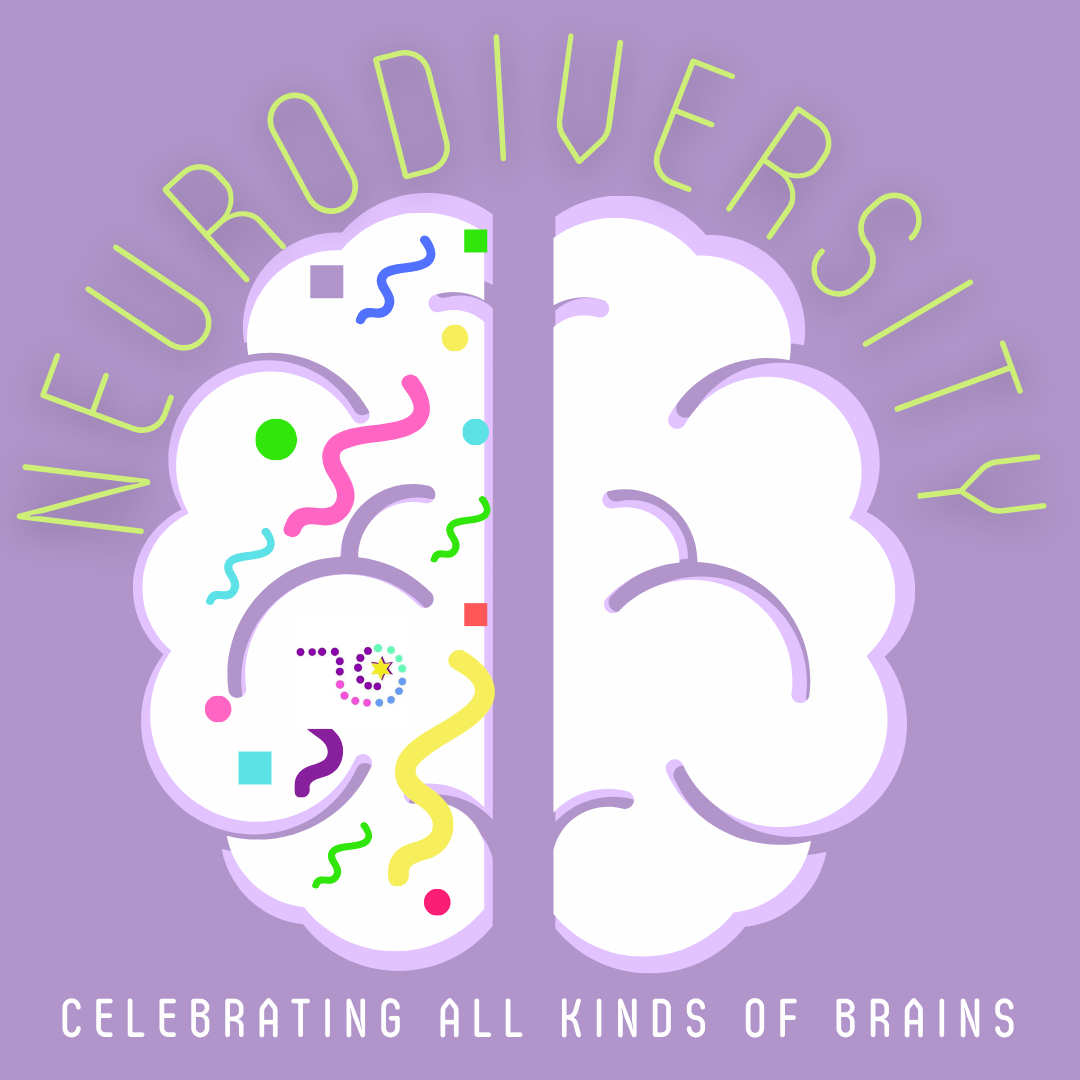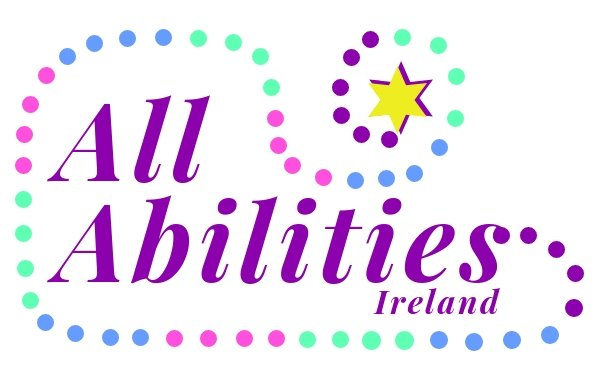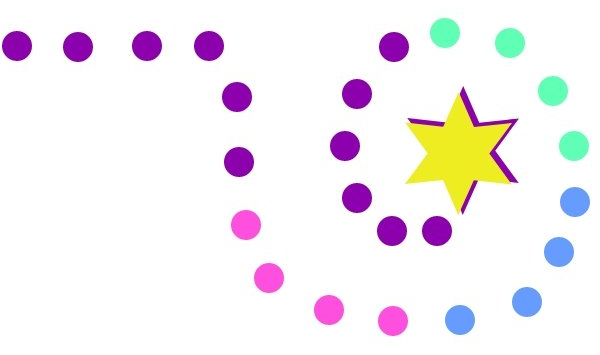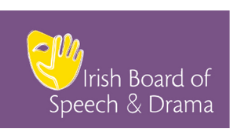Neurodiversity

What is Neurodiversity?
Neurodiversity represents the idea that people experience & interact with the world in many different ways. There is no one "right" way of behaving, thinking, learning, and differences are not viewed as deficits. We are proud of our dedication to prioritising inclusion and understanding neurodiversity when developing our programmes and projects.
Autism
Autism spectrum disorder (ASD) is a developmental disorder which exists on a spectrum, and affects how an individual develops and interacts with the world. It is defined as a neurodevelopmental condition which causes differences in communication style and social interaction, with individuals often having sensitivities with sensory processing as well as engaging in repetitive behaviours. Autism exists on a wide-ranging spectrum, with some individuals requiring little additional care, and others being non-verbal or unable to participate fully in academic or working environments, and thus requiring extensive support. A 2015 report by the National Council for Special Education in Ireland found that 1.5 percent of a school population, which is approximately 1 in 65 students, had an autism diagnosis. This would translate to 14,000 students among the Irish population at the time, and likely translates to even more in the present day.
For further support, contact Irish Society for Autism
Attention Deficit Hyperactivity Disorder (ADHD)
ADHD – Attention Deficit Hyperactivity Disorder - is a medical/neurobiological condition in which the brain’s neurotransmitter chemicals (noradrenalin and dopamine) do not work properly. It is a disorder that, without proper identification, treatment, and management can have serious and long-lasting consequences for an individual. This disorder can co-exist to a greater or lesser degree with several other disorders such as dyslexia, autism, and dyspraxia. It is defined by various behaviours of inattentiveness, impulsiveness, and hyperactivity, and exists on a spectrum of 3 different types. The behaviors that define ADHD can manifest in significant learning differences and difficulties in memory, managing time, and emotional regulation. ADHD can be treated through support groups, medication, and behavioral therapy, as well as through accomodation in academic environments. ADHD is a condition impacting approximately 5 percent of the Irish population, making proper education for parents and teachers alike important to assist students in behavioural management and prevention of learning deficits which persist into adulthood.
For further support, contact ADHD Ireland
Dyspraxia
Developmental Coordination Disorder (DCD), commonly known as Dyspraxia, is a complex neurological condition affecting fine and gross motor skills, motor planning, and coordination in children and adults. It is not typically related to intelligence, but can also sometimes affect cognitive skills. Dyspraxia can lead to impairment of physical activities, such as walking and maintaining balance, and can also impact language and information processing. Dyspraxia is sometimes used interchangeably with the term DCD, or Developmental Coordination Disorder, while some use it to mean something entirely different, as there isn’t an official consensus on the meaning of the term. Dyspraxia has a spectrum of effects depending on the individual and the severity of their dyspraxia, making management of the disorder vary from person to person. Dyspraxia is estimated to impact approximately 8 percent of the Irish population, but can often go undiagnosed due to the variation of symptoms. The condition can present very differently for people and it is common for a person with dyspraxia to have a co-existing diagnosis of dyslexia and ADHD.
For further support, contact Dyspraxia/DCD Ireland
Dyslexia
Dyslexia is a learning condition that can affect an individual’s writing, reading, and recall from short-term memory. It is a learning difference which causes challenges with completing work and comprehending curriculum due to impairment of reading comprehension, spelling, and pronouncing words accurately. These symptoms can influence learning comprehension, as well as time management and organisational skills. It can be indicated by several other markers in various age groups, including difficulty with rhyming and rhythm, poor handwriting, repeated mixing up of letters, and struggles with effective planning and memory. This condition can be aided in the classroom by adjustment on the part of instructors in order to ensure effective instruction and student success for those with dyslexia who require additional assistance. In Ireland, 1 in 10 students are estimated to have dyslexia, making it a common learning difference. Dyslexia is frequently connected with ADHD, and both conditions can be diagnosed simultaneously.
For further support, contact Dyslexia Ireland


